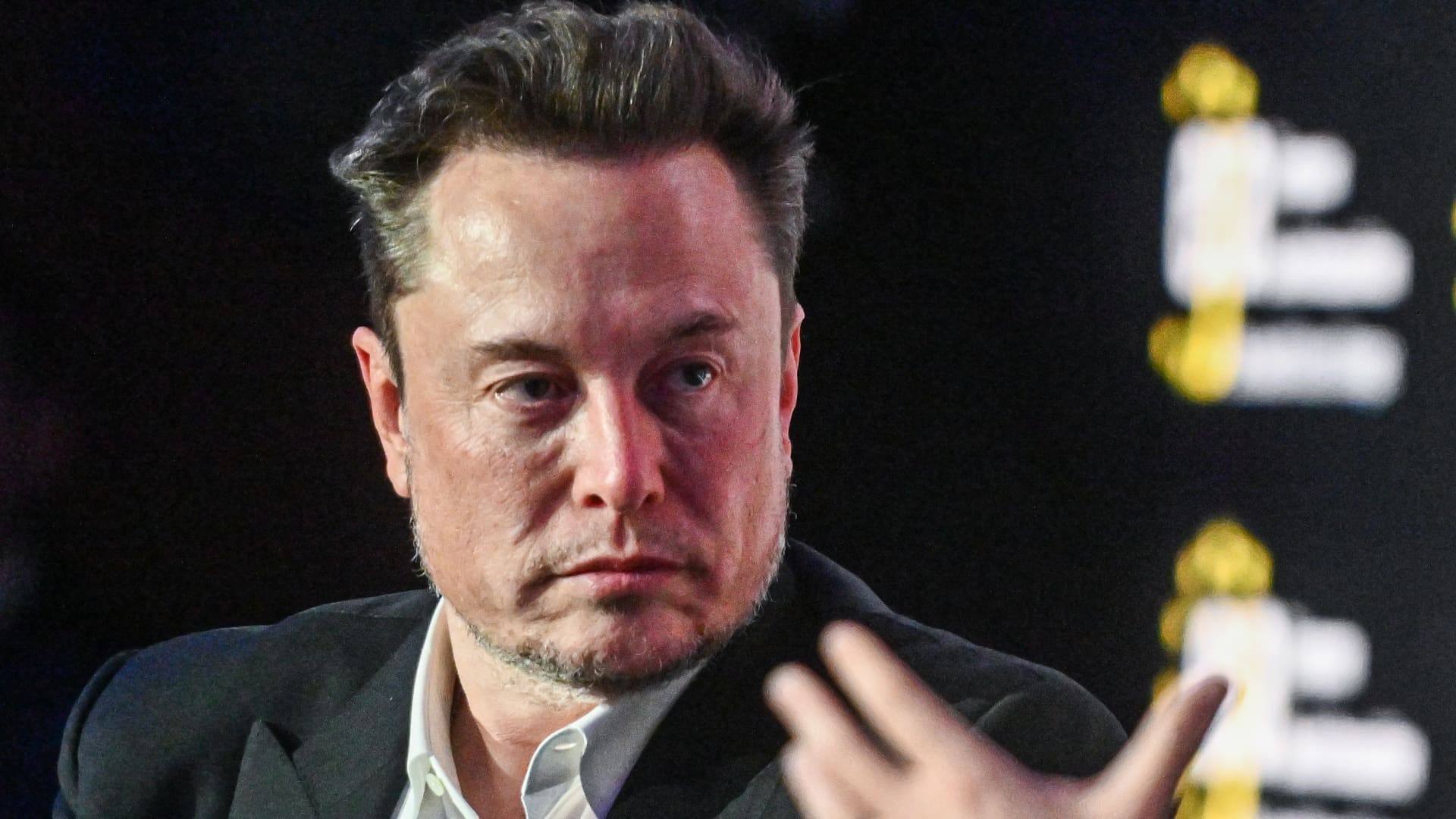
A federal judge in California dismissed a lawsuit filed by Elon Musk’s X against the nonprofit Center for Countering Digital Hate, writing in a judgement Monday that the “case is about punishing the Defendants for their speech.”
X sued the research group in July, accusing it of implementing a “scare campaign” to drive away advertisers. The company also accused CCDH of improperly accessing data from the platform and selectively picking posts to “falsely claim” that X is “overwhelmed with harmful content.”
The suit followed studies published by CCDH in which the British firm, which tracks hate speech and online misinformation, found an increase in antisemitic and anti-Muslim hate speech on X after Musk took over the company, formerly known as Twitter, in late 2022.
Judge Charles Breyer in the Northern District of California wrote in his ruling that while X claimed the case was about breach of contract and unlawful data scraping, it was clearly about speech.
“Sometimes it is unclear what is driving a litigation, and only by reading between the lines of a complaint can one attempt to surmise a plaintiff’s true purpose,” Breyer wrote. “Other times, a complaint is so unabashedly and vociferously about one thing that there can be no mistaking that purpose. This case represents the latter circumstance. This case is about punishing the Defendants for their speech.”
In one analysis, the CCDH researchers evaluated 100 different premium Twitter Blue accounts and found the platform failed to act on 99% of hate speech posted by those users. CCDH also found that Twitter failed to act on 89% of anti-Jewish hate speech and 97% of anti-Muslim hate speech on the platform.
In his order, Judge Breyer cited California’s anti-SLAPP statute, which protects “speech on matters of public concern.” SLAPP stands for “strategic lawsuits against public participation,” and such suits are commonly used by corporations seeking to thwart critics.
“X Corp. has brought this case in order to punish CCDH for CCDH publications that criticized X Corp.—and perhaps in order to dissuade others who might wish to engage in such criticism,” Breyer wrote.
He added that the tens of millions of dollars in damages X had demanded would be “presumably enough to torpedo the operations of a small nonprofit.”
CCDH told CNBC in a statement Monday that Breyer’s ruling “sent a strong message about seeking to censor those who criticize social media companies, which we are confident will resonate throughout Silicon Valley and beyond.”
Roberta Kaplan, attorney for the CCDH, recently secured a victory in a defamation case brought against former President Donald Trump on behalf of author E. Jean Carroll. A jury found Trump liable for sexually abusing Carroll in 1996.
X said in a post from its XNews account that it “disagrees with the court’s decision and plans to appeal.” Attorneys for X didn’t respond to a request for comment.
Musk is pursuing similar cases against other groups.
In one instance, X has sued an Israeli web data collection company called Bright Data over its allegedly unauthorized scraping of data from its social media platform. And in Texas, X sued Media Matters for America and one of its staff members over an investigative report the watchdog published titled, “As Musk endorses antisemitic conspiracy theory, X has been placing ads for Apple, Bravo, IBM, Oracle, and Xfinity next to pro-Nazi content.”






